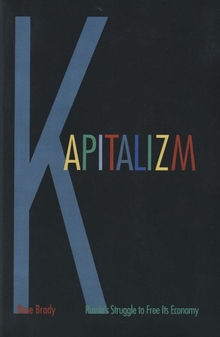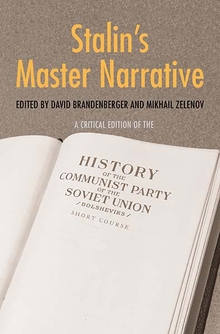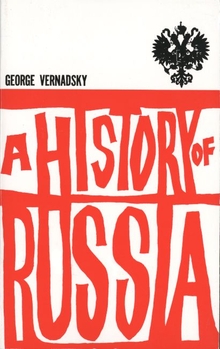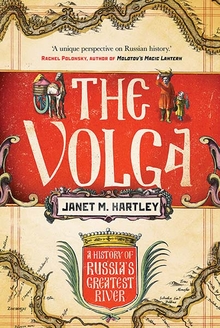Kapitalizm
WARNING
You are viewing an older version of the Yalebooks website. Please visit out new website with more updated information and a better user experience: https://www.yalebooks.com
Russia's Struggle to Free Its Economy
Rose Brady
The book describes the shock to citizens when Boris Yeltsin’s government liberated prices in 1992; the early entrepreneurs who scrambled for position as state assets were privatized; privatization chief Anatoly Chubais’s crucial compromises, which altered the shape of Russian capitalism; and the development of an oligarchical system dominated by a handful of financial-industrial conglomerates. Some people have been left behind in poverty, sickness, and confusion as Russia has lurched toward capitalism, Brady concludes, yet by 1997, with private-sector domination of the economy, Russia had achieved an essentially successful economic transformation.
"Confused by what is happening to Russia today? You’ll have a much clearer understanding after reading Kapitalizm—the best and clearest explanation of the turbulence in Russia over the past few years."—Jack F. Matlock, Jr., George F. Kennan Professor—Institute for Advanced Study
“Basing her work on extensive interviews with political leaders, economists, Western investors, and ordinary Russians from all walks of life, Brady paints a vivid picture. . . . [She] has been unusually successful in depicting the many facets of Russia’s current economy.”—Library Journal
“Brady’s vibrant account of the first six years of Russia’s post-Communist economic reform explains how a once closed economy became so precariously dependent on the global markets.”—Publishers Weekly
“This is without a doubt the best-informed book by someone who was there but who was not herself a protagonist. Brady takes a detached and balanced view of Russia’s economic and political reform since 1991.”—Simon Johnson, Fuqua School of Business, Duke University
"For those of us whose timeline for Russia to approach political and economic maturity was two generations, Rose Brady has painted an insightful but not surprising picture of Stage One—1991-1997. Unlike recent academic studies, her portrait is one of real people struggling with a new and strange world. Her journalistic eye has caught Russians (from Deputy Prime Minister to 90 year old pensioners) objectively with just enough historical parallel to put the new 'revolution’ into context. Above all, it is a readable account that gives the basis for understanding the beginnings of Stage Two."—Arthur A. Harman, Former Ambassador to the Soviet Union and Chairman First NIS Regional Investment Fund
"[An] impressive and informative account of the agonies of economic reform in Russia. . . . Skillfully employing wide-ranging interviews with policymakers, entrepreneurs, and experts, and making the most of her keen eye for human and social detail, [Brady] gives the reader an insiders view of where the process went awry and why so few have benefited."—Foreign Affairs
"Brady admirably chronicles, step by step, how Yeltsin’s young reformers fought to dismantle the insanely complex Soviet economy and construct a free-market society in its place. Often it is not a pretty story, by Brady is able to see past the blundering and corruption and appreciate the achievement that has taken place. . . . The transformation of Russia’s economy is a sprawling and byzantine tale, and Brady, a former Moscow correspondent for Business Week, is well qualified to tell it. . . . Kapitalism is one of the most coherent accounts to date of the disassembly of the economy of the Evil Empire."—Fen Montaigne, New York Times Book Review
“A compelling, close-up account of the Russian economic struggle by Business Week correspondent Rose Brady.”—Scott Shane, Baltimore Sun
"Brady’s scholarly thoroughness makes her book something like a videotape that we can now replay to figure out what the magician was really doing when it seemed he was pulling capitalism out of his hat."—Anthony Alcott, Washington Post Book World
“[Kapitalism] will be of interest to those who want to understand the realities of political and economic change. . . . This book is a significant contribution to political economy and will be useful for students of comparative politics. There are also lessons for politicians.”—Simon Booth, Times Higher Education Supplement
“A balanced, highly accessible narrative of Russia’s economic transformation from the end of the Soviet era through 1997. . . . A worthy read for those seeking a broad view of Russia’s continuing travails.—William Pyle, Russian Review
Publication Date: April 10, 2000








